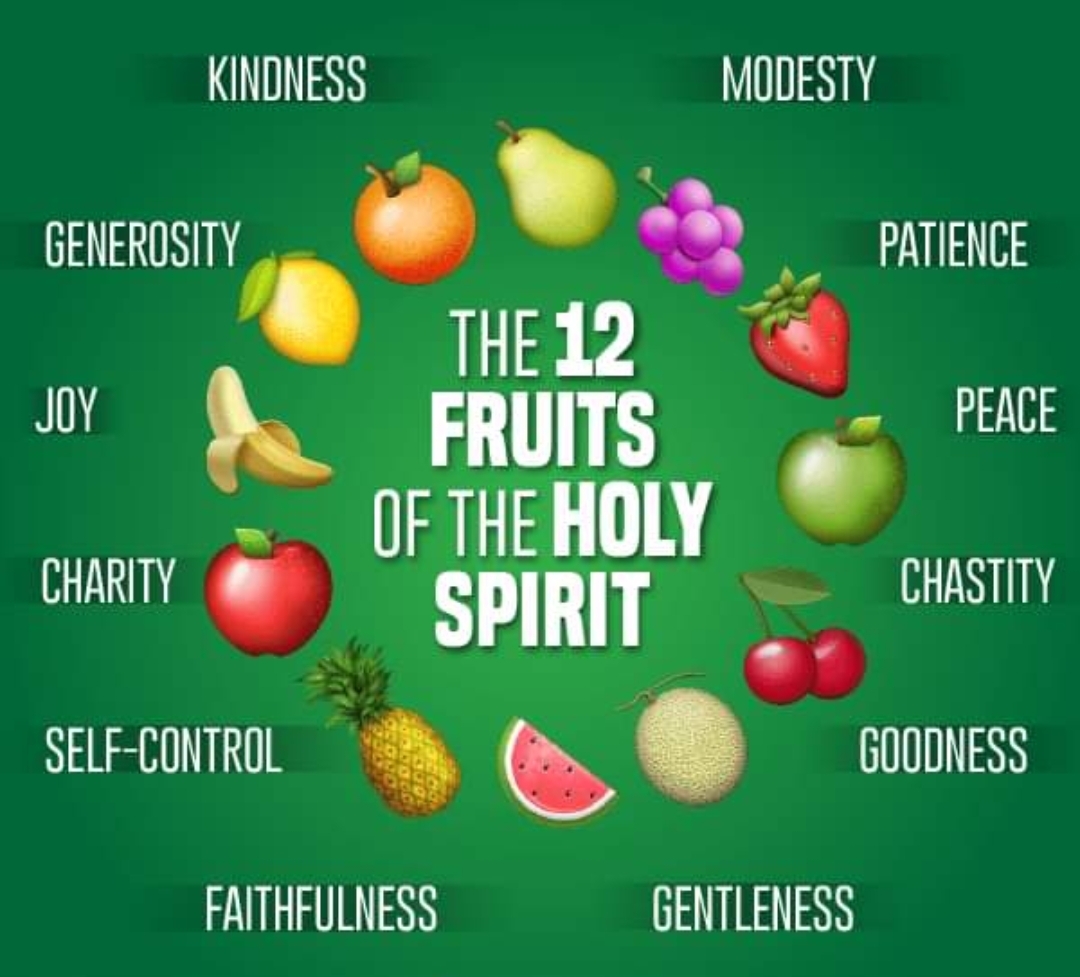The phrase “by their fruits you shall know them” originates from the Gospel of Matthew 7:16 in the New Testament of the Bible. In this passage, Jesus warns his followers to beware of false prophets, saying, “By their fruits you will know them. Do men gather grapes from thornbushes or figs from thistles?” He emphasizes that a person’s actions and outcomes—their “fruits”—are a more reliable indicator of their character and intentions than their words or appearances.
Meaning of the Phrase:
Actions Reveal Character: The phrase suggests that the true nature of individuals is revealed by their actions and the results of those actions. Just as a good tree bears good fruit and a bad tree bad fruit, so too do people reveal their true character through their deeds.
Distinguishing Authenticity: In the biblical context, Jesus uses this principle to help his followers identify false prophets. He indicates that authentic prophets will produce good fruits—ethical behavior, good outcomes, and virtuous actions—while false prophets will show their true intentions through deception, selfishness, and destructive behaviors.
A Principle of Moral Judgment: This idea extends beyond religious doctrine. It implies a broader principle of discernment in which people are advised to judge others not by their rhetoric or image but by the tangible effects of their behavior.
Application in Daily Life:
This principle can apply to all areas of life—personal, professional, or political. In evaluating people, leaders, or institutions, one can look at their “fruits,” meaning their track record, actions, and consequences of those actions. It calls for a focus on outcomes over intentions.
In summary, “by their fruits you shall know them” encourages an evidence-based approach to understanding and judging others. It promotes an emphasis on results and integrity, valuing actions over words.







